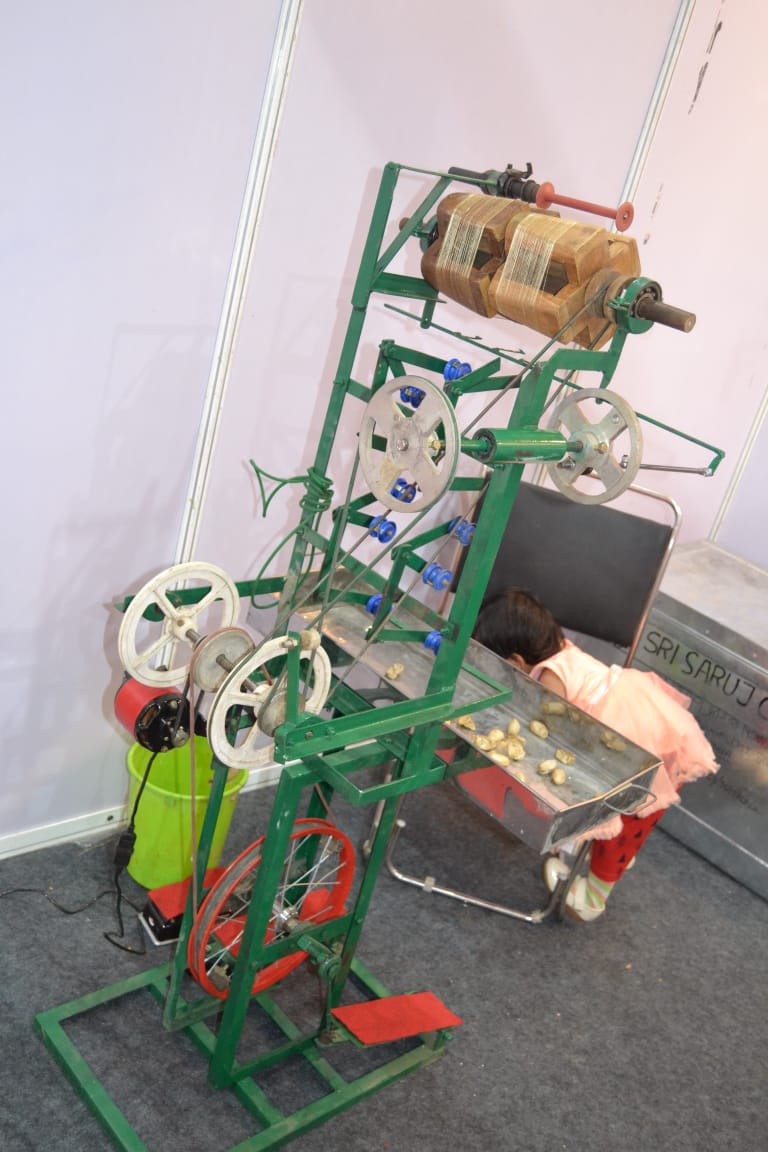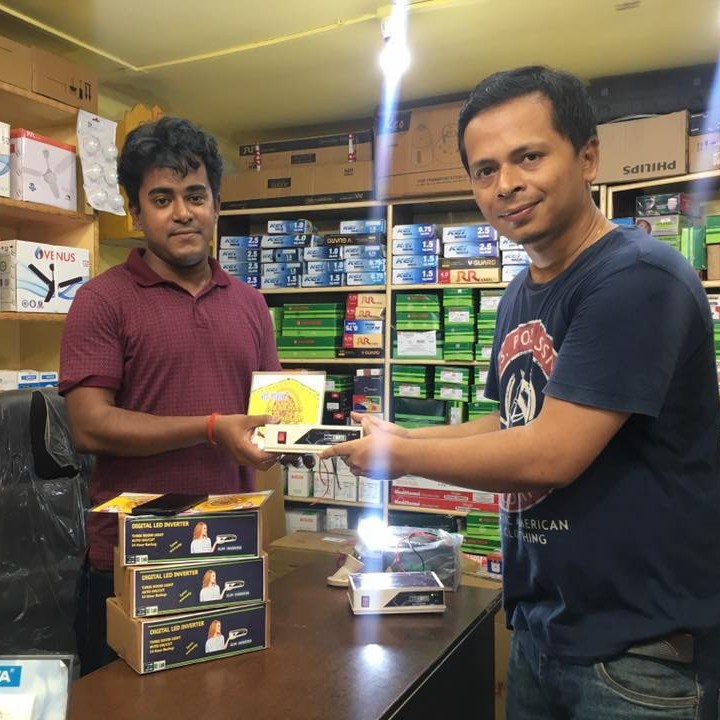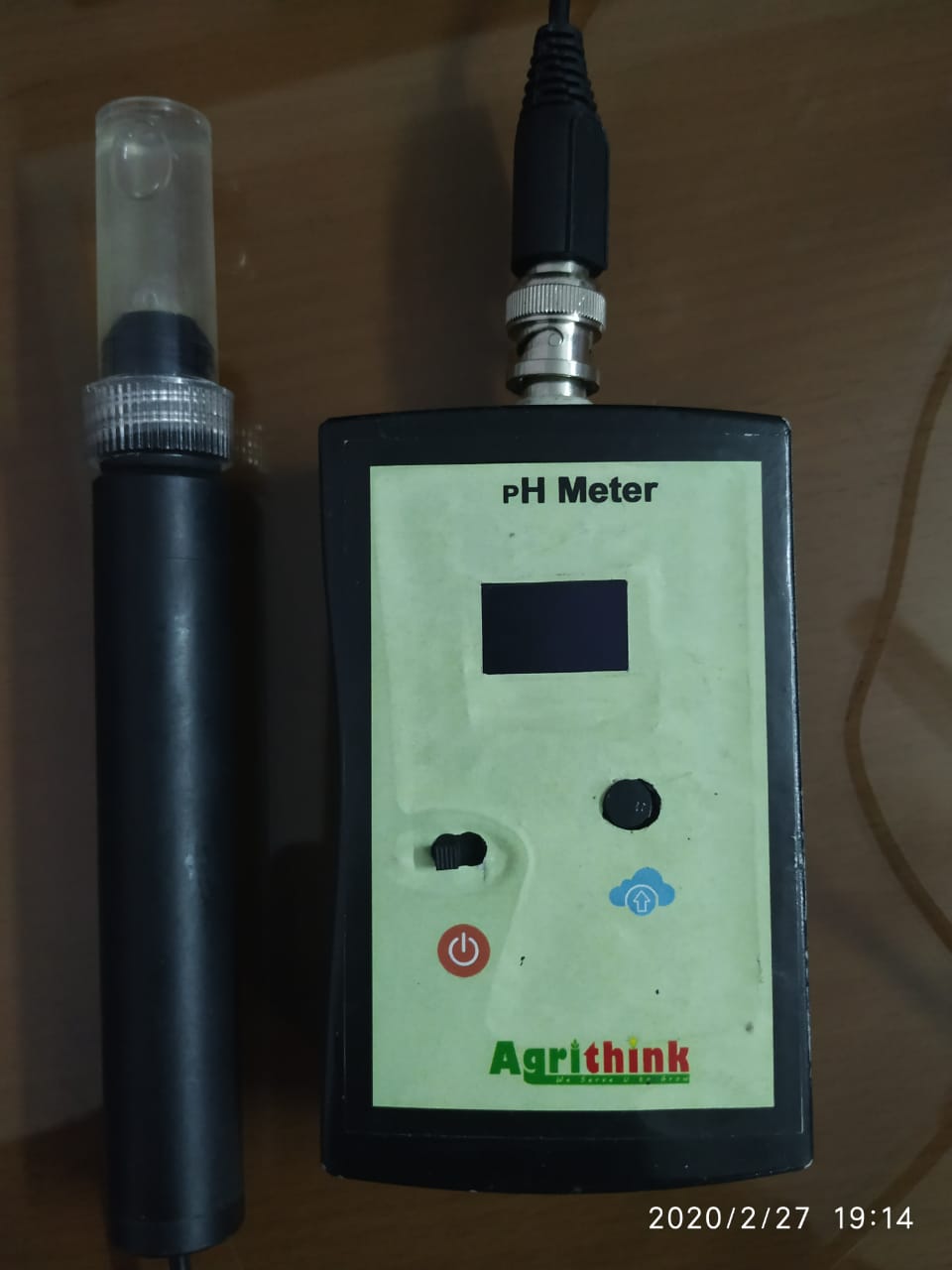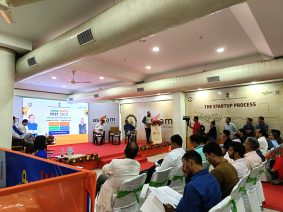
May 01, 2023
“The future of India lies in its villages,” said Mahatma Gandhi. A statement that was made in the 20th century has met with a practical epiphany like never before in the 21 st century. Especially the catastrophic effect of COVID-19 exposed the nation to the wretched reality of the rural population that migrated to the urban areas in search of better life and opportunities. A strong realization dawned upon the nation – rather than harnessing the rural population to develop the urban areas, isn’t it essential to take development to rural India? The good news is that the country has found the answer in rural entrepreneurship.
Recent years have seen a conspicuous surge of interest among startups to catalyse the development of rural India through innovations. These startups aren’t only augmenting the economic activities in the rural belts, but are also trying to bridge the gap between India and Bharat by enabling better connectivity and accessibility for rural customers to the best-in-class products and services in the country.
The Patna-based startup incubated by IIM Calcutta Innovation Park, DeHaat, has been making headlines for effectively addressing the myriad challenges farmers face in the country. Its technology-driven platform not just offers end-to-end solutions to farmers, but also to the businesses connected with the farming communities. Then there is HESA, a Hyderabad-based startup, that is on a mission to ‘connect Bharat with India Phygitally’ through its digital interface that enables Corporates, SMEs, Banks, Government and NGOs to access rural India, for buy-sell propositions including brand promotions and social responsibilities.
Rural Entrepreneurship far east
Along with the rest of the country, startups in Assam are also coming forward with proactive solutions to address the challenges and needs of the rural communities.
About 12.5 crore small and marginal farmers in India have little or no access to financial products. With the Banks remaining risk-averse to sanctioning loans to the farmers due to the shooting NPAs, the farmers end up taking loans from local money lenders at exorbitant interest rates, resulting in debt traps and the consequent loss of land and property. Realizing the gravity of this challenge, the agri-fintech startup from Assam, Farmeasy Technologies, has built a digital platform with the brand name “Farm Infinity” (farm∞) that creates and records the creditworthiness of the farmers and allots scorecards against them for easy reference for the financial institutions. A digital creditworthiness scorecard is provided to each farmer registered on its platform, based on a proprietary algorithm that considers over 80+ individual parameters, over 600 data sets and 10 Mn data from the Government database. The financial institutions can use these scorecards to keep a check on the live profiles of the farmers, along with tracking the various parameters for better decision-making in terms of awarding loans and providing insurance products. The startup has, to date, onboarded more than 25,000 farmers from Assam, Madhya Pradesh and Odisha and has facilitated 72 bank loans with a 100% recovery record.
While Farmeasy Technologies is trying to accelerate the financial inclusion of the Indian farming community, another Assam-based startup, Agrithink Services, is on a mission to integrate cutting-edge technology into agricultural practices to help improve yield and quality of crops and do away with uncertainties. The startup applies economically and ecologically viable technologies in the field so that farming becomes precise and efficient and demands lesser human intervention. Agrithink’s main product is a patented IoT-powered climate monitoring system called the Smart Micro-Climate Monitoring and Control System (SMMCS). The app-based system generates, monitors and stores data like temperature, moisture and soil pH, which enables it to favourably control the micro-environment of units like greenhouses, mushroom cultivation, agro-processing units, etc. All that one needs to do is log in to the app using a login ID and all the information related to the plantation is displayed along with an indicator for irrigating the crops. Agrithink’s other offering is an IoT-based Smart Soil Health Management System that makes the soil health testing and generation of reports easier than ever.
Then there is a startup, Aicheng Innovation and Research, that has innovated an integrated multipurpose reeling machine that has the ability to reel different varieties of silk. The patented innovation has been creating ripples for its game-changing potential to upscale the silk industry in Assam and the country as a whole.
Meanwhile, a startup named SelabX Systems is on a mission to make daily-use electronics products accessible and affordable for the rural population and low-income groups. The startup manufactures a range of electronic amenities using technology that makes them handy and affordable without compromising on quality. SelabX has devised a way of sticking to minimum components in building electronic products, discarding any additional gears, which cuts down the cost significantly, making it affordable and less power-consuming at the same time. The startup’s star product is its mini-inverter, SAHAJ, available at a jaw-dropping price of Rs. 899! The inverter provides backup of up to 14 hours for a single bulb, which is almost 2.5 times more than the inverters available in the market. One unique feature is its easy serviceability, enabling users to replace an old PCB with a new one on their own, thus eliminating the hassle of getting a professional to fix it.
Rural Entrepreneurship: Navigating the Challenges
The innovations of these startups aren’t confined to their technology-infused products and services, but also extend to building models for navigating the implementation challenges typical to the rural belts. Despite a relative increase in mobile internet usage among rural people, it isn’t easy convincing them about the efficacy of technology-enabled solutions over the age-old modes and practices.
“Building trust among the rural customers is the most challenging task,” says Kaushik Hazarika, the founder of SelabX Systems. When he realized the futility of reaching out to rural customers through online mediums, Kaushik decided to harness the popularity of the local film community. He identified a few film groups on social media and started promoting his products there. The idea paid off well, leading to a sharp spike in query calls. The startup also targeted the local markets and exhibitions, with a decent outcome. While conducting extensive physical outreach isn’t feasible due to the capital constraints of being an early-stage startup, SelabX discovered the effectiveness of connecting with local sales agents to promote the products in their respective areas and villages. Though the startup has sold 3000 inverters to date, it is still trying to figure out a sustainable model for penetrating the rural market through a trial-and-error method.

Perhaps, SelabX can take a leaf from Hesa’s VLE (Village Level Entrepreneur) model. Hesa’s ‘hesaathis’ are microentrepreneurs from villages, who facilitate product browsing, purchase and financial transactions for the village customers – all through Hesa’s digital platform. Hesa’s success with the model corroborates the importance of building relationships, for businesses to thrive in rural spaces. Liaisoning and building a strong network of people from rural areas, especially those rearing an entrepreneurial mindset, can be the key to penetrating the rural hinterland.
Gunajit Brahma, the founder of Farmeasy Technologies has roped in an interesting category of rural influencers to reach out to the farmers and get them on-boarded on the “Farm Infinity” platform. “We are orienting the Directors or Group Leaders of farmer collectives to influence the farmers and facilitate their onboarding on our platform,” Brahma explains.
In most cases, rural folks get intimidated by technology. In such a scenario, it either becomes essential to revisit the design thinking chalkboard and simplify the product design, or leverage the leaders of different village-level groups and microentrepreneurs to influence and facilitate new product adoption by the villagers.
Agrithink Services has shifted to a B2B and B2G model to address the issue of technology intimidation among the farmers while trying to help the latter reap the benefits of its innovation. In fact, this has been the case with many drone-based and hard-tech startups working on agricultural innovations, enabling government bodies to implement the innovations for agri-automation and better yield.

Solving the bread-and-butter issues through Rural Entrepreneurship
Going by the trend, it isn’t surprising to see startups making a massive impact in terms of creating livelihood opportunities in rural India. Whether in steamrolling the first and last-mile access issues by creating microentrepreneurs; enabling farm-gate value addition by engaging rural women and youth in the process; or aggregating India’s myriad handlooms and handicrafts, the startups in India are creating income avenues through their ingenious models.
Bettering livelihood opportunities in rural India is strategically crucial for India’s growth as well as the fate of the country’s startup community at large. With 65% of India’s population residing in rural India, it presents a huge, untapped market that has hitherto remained underserved due to inadequate infrastructure and limited access to finance. Increasing the purchasing power of this segment entails a consolidation of its per capita income. And with innovative models being designed to address this issue through rural entrepreneurship, India’s optimum market potential is set for an unleash in the coming days. This will, consequently, encourage corporate giants and foreign multinationals to invest in the country in general and its startups in particular.
Topics
Recent Posts

Assam Startup Fest 2023 draws curtains. Leaves a note to brace up for the significant advancement of Assam’s startup ecosystem
Read More














